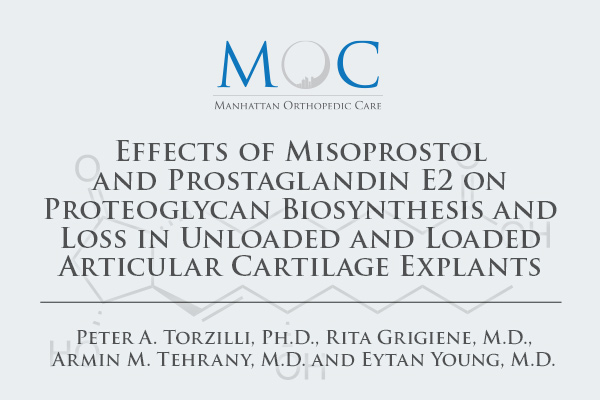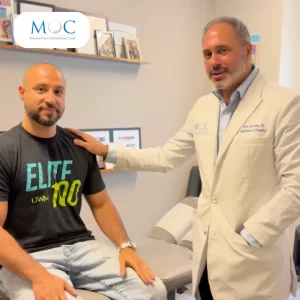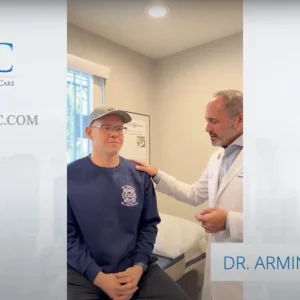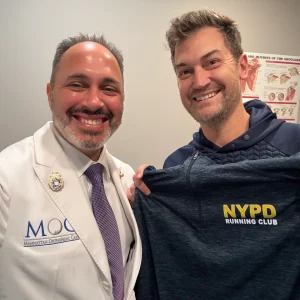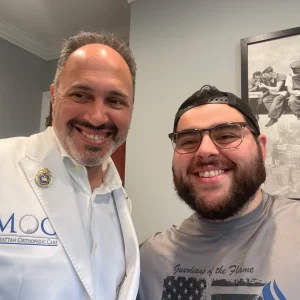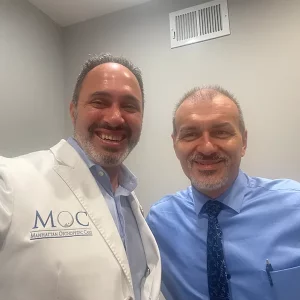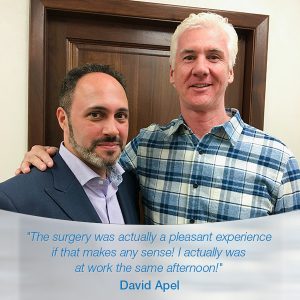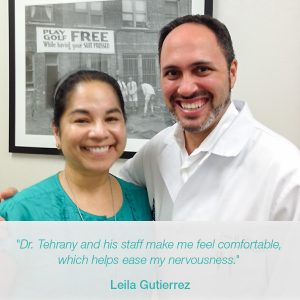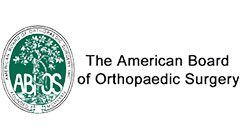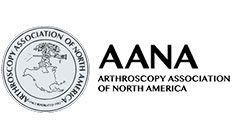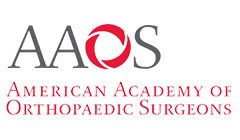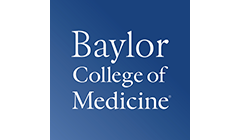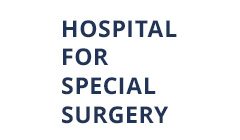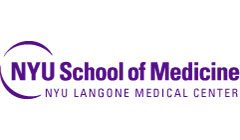This important article for the effects of misoprostol and prostaglandin E2 on proteoglycan biosynthesis was published on ScienceDirect, the home to almost one-quarter of the world’s peer-reviewed full-text scientific, technical and medical content. It is one of the most trusted research sources for healthcare professionals, professors, and students worldwide.
ScienceDirect’s library includes nearly 2,500 journals and more than 26,000 book titles. With over 12.6 million content pieces available, ScienceDirect is a leading platform for discovering the world of research.
The research for this medical publication was performed at the Hospital for Special Surgery, nation’s oldest orthopedic hospital. The HSS is nationally ranked #1 in Orthopedics and #3 in rheumatology by U.S.News & World Report (2014-15). The hospital has been top-ranked in the Northeast for both orthopedics and rheumatology for the 23rd consecutive year.
The HSS is also one of the most respected hospitals due to its state-of-the-art technology, which enables the highly educated doctors and professionals to achieve scientific breakthroughs in clinical treatments.
For this editorial, Dr. Armin Tehrany, leading orthopedic doctor at Manhattan Orthopedic Care, partnered with Peter A. Torzilli, Ph.D., Rita Grigiene, M.D., and Eytan Young, M.D.
The research activities were performed at the Laboratory for Soft Tissue Research, The Hospital for Special Surgery, in New York City.
Following is the abstract of the article.
Abstract
The effects of misoprostol, a prostaglandin E1 analog, and prostaglandin E2 on proteoglycan biosynthesis and loss were studied in unloaded and mechanically loaded mature bovine articular cartilage explants. The prostaglandins were administered daily at dosages of 0, 10, 100 and 1000 eta g/ml for up to seven days, and proteoglycan biosynthesis determined by measurement of radiolabeled sulfate incorporation.
The presence of misoprostol lead to a significant (p < 0.001) dose-dependent inhibition (30%-50%) in proteoglycan biosynthesis which was also dependent on exposure time (p < 0.05). A significant decrease in biosynthesis (34%) was also found for prostaglandin E2, but only at the highest dose (1000 eta g/ml). Proteoglycan catabolism rates were not affected by either substance as assessed by loss of newly synthesized proteoglycan.
The application of a continuous cyclic mechanical compressive load (stress of 1.0 MPa at 1 hertz for 24 hours) resulted in a significant inhibition of proteoglycan biosynthesis (up to 50%) as compared to unloaded explants. However, there was no additive effect when mechanical load and misoprostol or prostaglandin E2 were combined.
These results suggest that prostaglandins may have a role in the degenerative and repair process in various forms of arthritis where elevated intra-articular levels of prostaglandin E2 are present.
The complete article is available for download here.










